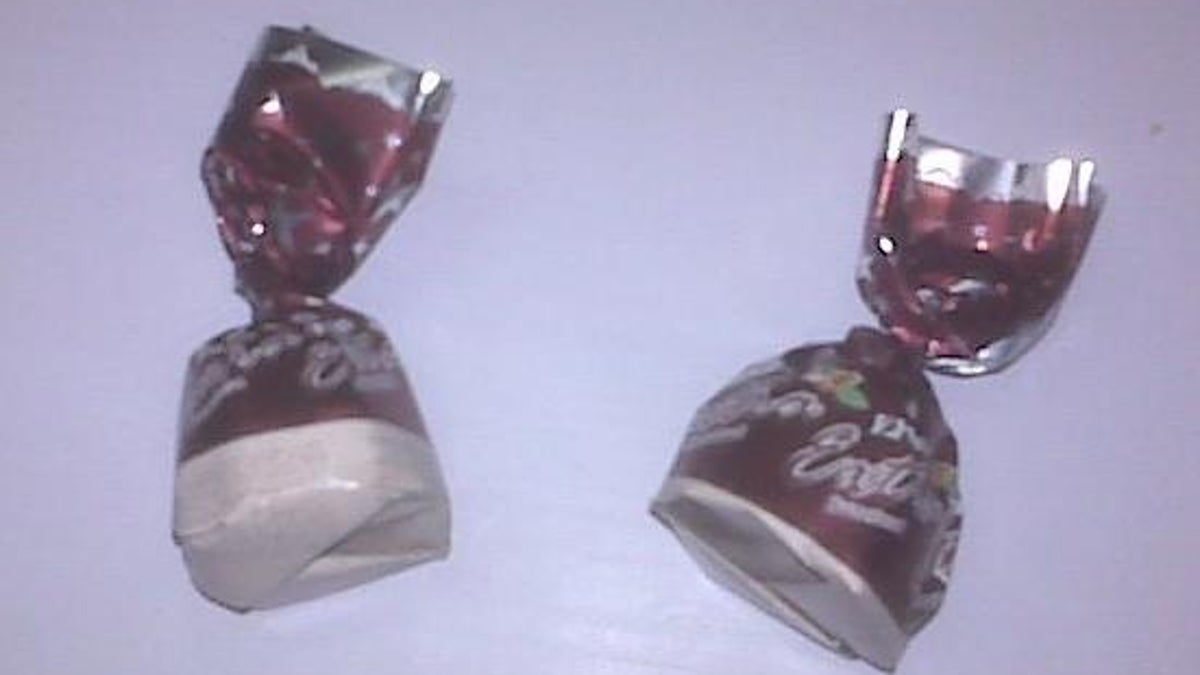Compostable food packaging on its way to Europe
U.S.-based Cereplast signs multimillion-dollar deal to supply a leading food-packaging manufacturer in Europe with its patented bioresin.

Europeans will soon be able to throw their candy wrappers into the composting bin.
U.S.-based bioplastics producer Cereplast announced Wednesday that its patented bioresin will soon be used to make food packaging for a variety of foods in Europe.
The company signed a multimillion-dollar deal to supply its Cereplast Compostables 7003 bioresin to Sezersan Ambalaj, one of the leading producers of food packaging for Europe. Sezersan, which is based in Turkey, will use the resin to produce completely biodegradable food-packaging.
The bioresin is starch-based and can be created from corn, wheat, tapioca, or potato starches, making it 100 percent biodegradable, compostable, and sustainable, according to Cereplast.
Starting in December, Cereplast will ship 100 to 150 metric tons of its bioresin per month to a production plant in Turkey.
Sezersan will turn the bioresin into heat-sealable packaging material that can be made either semi-transparent or opaque depending on food companies' individual packaging needs.
Cereplast is probably best know for its development of biodegradable cornstarch-based disposable cups, plates, and spoons for which its CEO Frederic Scheer was the subject of a Sundance Channel documentary film short.
Of course, Cereplast is not the only one touting the joys of bio-based disposables. In February, for example, scientists from the Imperial College London announced they had developed a sugar-based polymer that could be used to make food packaging. The packaging is not only biodegradable, but could even be edible.

